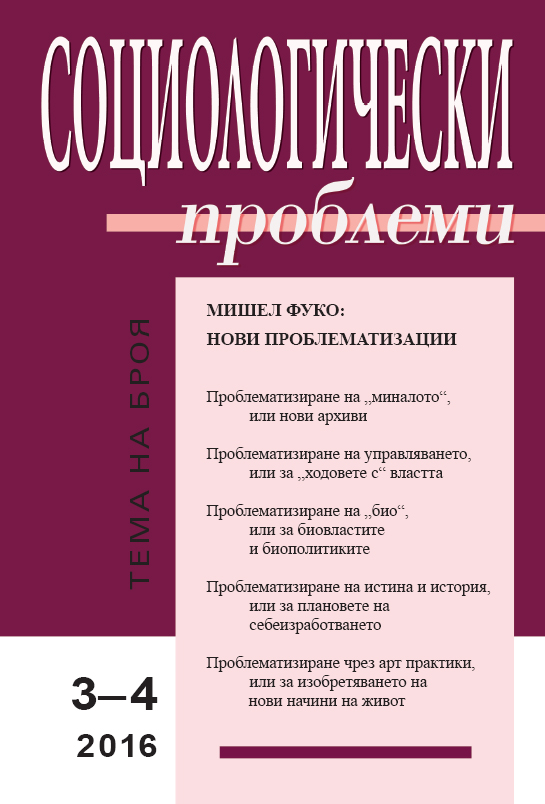
We kindly inform you that, as long as the subject affiliation of our 300.000+ articles is in progress, you might get unsufficient or no results on your third level or second level search. In this case, please broaden your search criteria.

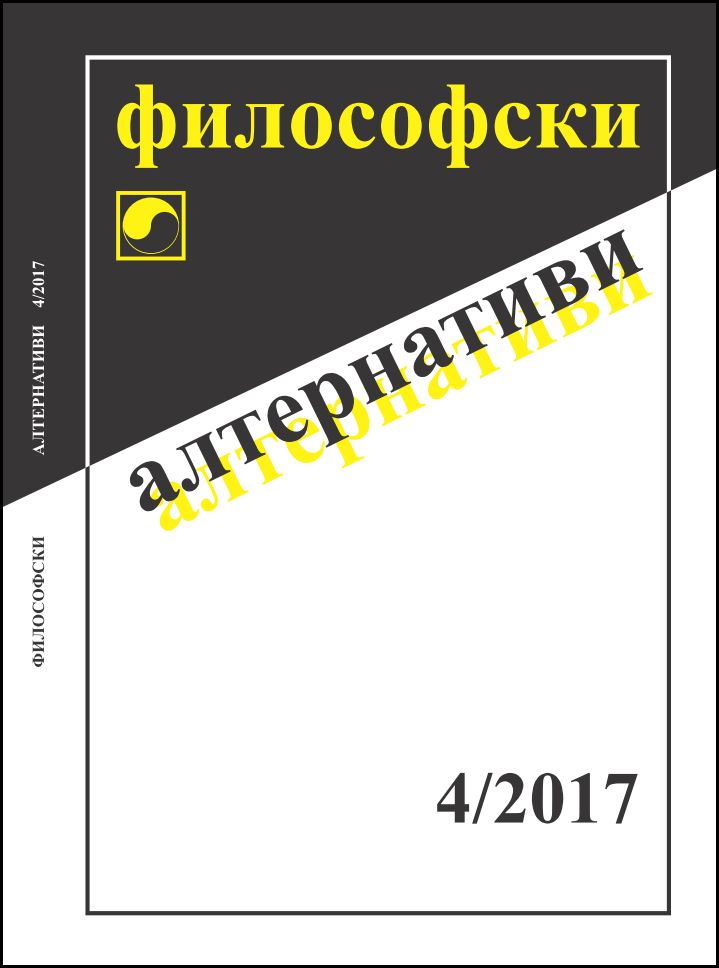
The article presents José Ortega y Gasset’s ideas concerning the novel and reading. The analysis is deployed in two directions: ad intra, “inside”, in the context of Ortega’s philosophy, and ad extra, “outside”, in the context of alternative views on the novel and reading. In the first part of the article, the author argues that José Ortega y Gasset aestheticizes philosophy, bringing it closer to literature. At the basis of this intensive “approximation” of philosophy and literature, lies Ortega y Gasset’s concept of man as “a novelist of himself”. In the second part of the article, comparisons are made between the approach of Ortega y Gasset and that of the Russian formalists with respect to the specificity of the novel. The third section outlines some similarities between Ortega y Gasset’s conception of reading as a “spreading of oneself” and Wolfgang Iser’s literary anthropology. Both thinkers interpret the need to read as a human need to look at the real world, and on ourselves, as being only one of many possibilities. The revealed similarities are treated as signs of belonging to a common transformation processes in the aesthetics of the twentieth century.
More...
The article presents a history of the development of theoretical perspectives within the social and cultural anthropology from the early 20th century. Beginning with functionalism and structural functionalism, the author traces the influences of structuralism, Marxism, interpretivism, gender, cultural and post-colonial studies, concluding with a set of five themes characteristic for the contemporary anthropological research.
More...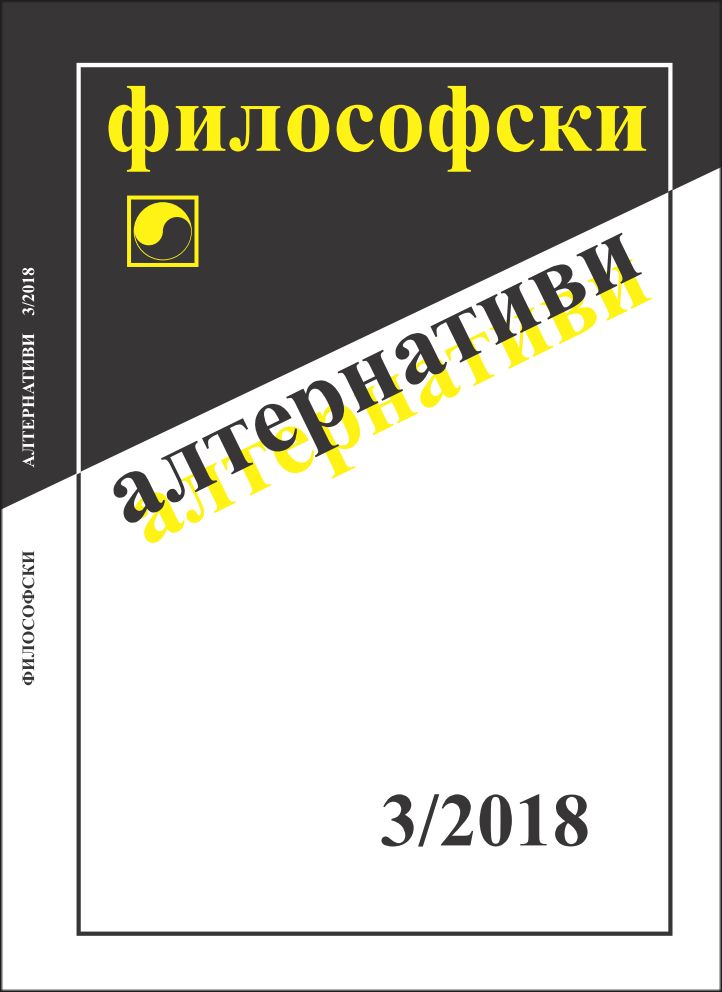

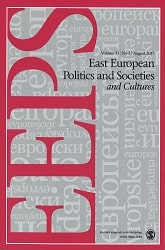
This article examines the interplay between communist nostalgia and new forms of universalist Islam among Slavic Muslims (Pomaks) in Bulgaria. Many Bulgarians are looking back to the totalitarian era with increasing fondness given the ubiquitous crime and corruption that has characterized the postsocialist era. This nostalgia also informs the changing nature of Islam in Bulgaria after 1989 and the unique ways that Bulgarians understand religious identity in relation to ethnic affiliation. The author argues that the appeal of “orthodox” Islam in this postsocialist context is at least partially rooted in its discursive emphasis on social justice and the promotion of the common good. This discourse is particularly appealing to the Pomaks in the author’s field site because of their unique experiences of both communism and capitalism. Before 1989, they saw a dramatic rise in their living standards, but this was coupled with severe religious oppression. After 1989, they gained unbridled religious freedoms but saw their communities economically devastated by the corrupt privatization and bankruptcy of the lead-zinc mining enterprise that was the core of their livelihood. To these Pomaks, “orthodox” Islam promises to be an ideological third way, combining the benefits of both systems: spiritual freedom and honest economic prosperity.
More...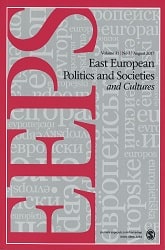
Empirical research linking violence and ideology—and using discourse theory and analysis—could provide more nuanced insights into political strategies and social contexts associated with the violent imposition of new political orders. This study addresses one such case, that of the communist takeover in Romania between 1944 and 1953, engaging in an analysis of Romanian Communist Party (PCR) discourse. Using concepts from discourse theory as a tool to critically re-examine some of the most influential comparative and Romania-specific scholarship on communist regimes, the article suggests that the PCR’s rise to power was underpinned by a coherent ideological strategy. This involved the articulation of violence within a new discursive formation that sought to produce consent for the regime. In Romania’s case, these findings call into question the coercion/consent dichotomy that has framed many previous analyses.
More...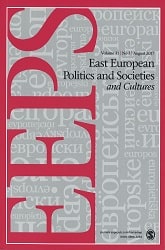
Marxism dominated in Bulgaria for more than forty years until 1989 and then completely vanished from the public discourse within several years. Where has it gone? The present article addresses this question by noting that even if they are out of the public discourse, remnants of the previously dominant set of ideas should still be found in people’s thinking. It illustrates this general argument by outlining how the survival into post-communism of a pillar of Marxist economic theory—the labor theory of value—can explain several significant discrepancies between facts and perceptions, called the “experience gap,” shown to exist in Bulgaria at the beginning of the twenty-first century. On the other side, the presence of the experience gap in Bulgaria is a factor influencing the availability and the choice of policy options. Thus, the Marxist labor theory of value continues to live in people’s minds and still shapes today’s Bulgarian reality.
More...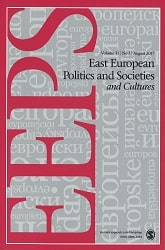
The review of: Agnes Heller: Socialism, Autonomy, and the Postmodern by Simon Tormey. Manchester, UK: Manchester University Press, 2001. pp. 220.
More...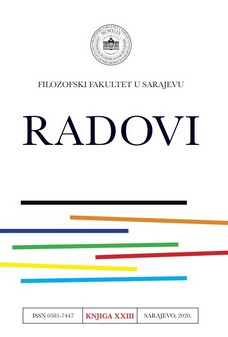
The aim of this paper is to analyze the relationships of Marxism and Christianity in the literary work of the three Baobabs of Negritude – the Guyanase Léon-Gontran Damas (1912-1978), the Martiniquais Aimé Césaire (1913-2008) and the Senegalese Léopold Sédar Senghor (1906-2001). Starting from the first cries of black revolt against “the civilizing mission” and the disproportionate exploitation of the human and natural wealth of the formerly colonized countries, we will try to describe how the Marxist vision of the colonial world of young angry writers influences the virulence of their attitudes against the assimilationist policies of the French Third Republic and the colonial clergy. Finally, we will explain how Senghoraian Negritude differs from that expressed in Césaireʼs and Damasʼ work and how his catholicism and the experience of peaceful cohabitation between Senegalese Christians and Muslims inspire him to preach the civilization of the Universal, that is to say to the mixing of men and women of different races and cultures.
More...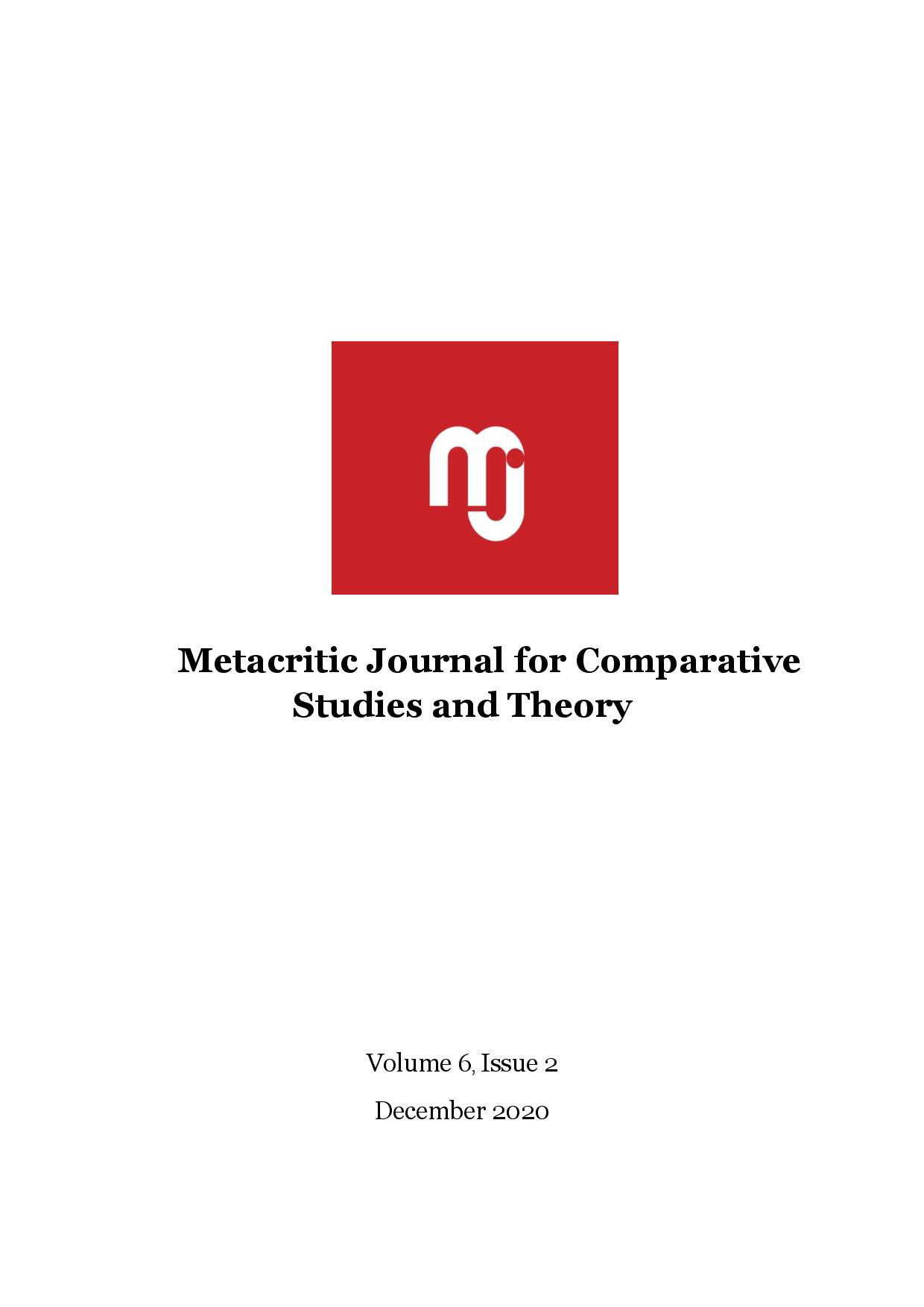
The paper discusses an intermediary phase in Franco Moretti’s intellectual journey, namely the 1990s. This is a period of transition in Moretti’s thinking, in which he is working simultaneously on two fronts: on the one hand, he is refining and bringing to completion the style of close reading analysis he developed in the previous decade – namely the combination of evolutionary theory, formal-rhetorical analysis, and eclectic Marxism (with its highly volatile mix of Lukács, Wallerstein, and Della Volpe); on the other, he is forging the tools and concepts of what would become, after 2000, his defining intellectual signature – distant reading. The two undertakings correspond to two opposed literary objects: on the one hand, the novel – with its regularity of form, large-scale reproduction, centripetal movement, bourgeois imaginary, and national focus; on the other, what we call the ‘anti-novel’, which is the modern epic in Moretti’s understanding – the few dozen ‘world-texts’, highly polymorphous and reproducible only in few and select occurrences, centrifugal in their movement, and transcending the national and bourgeois perspectives, rooted as they are in the critical, semi-peripheral junctures of the capitalist world-system. The paper dwells on some of the oppositions and similarities, overlaps and contradictions, theoretical problems and practical solutions, raised or offered by the two methodological approaches and their corresponding literary objects.
More...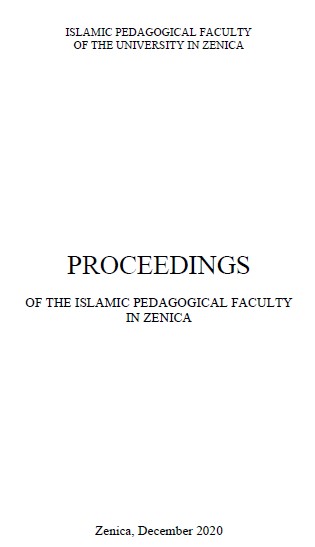
As the science about society, from its very beginning, sociology has dealt with religion and its importance and function in a society. Social events and changes that have taken place in the area of Europe have contributed to bringing religion in the focus of many scholars, which shows that in the overall history of humankind it has been one of the unavoidable research topics. This research aimed at showing how classical sociologists (Comte, Marx, Durkheim and Weber) approached the phenomenon of religion. The stances of the aforementioned scholars are presented by the means of a method of theoretical analysis. The findings indicate that all scholars approach the phenomenon of religion differently. Thus, for instance Comte, as a founder of sociology, embodies a positivist discourse through which he promotes the universal theory of religion. Unlike his contemporaries, Durkheim, claims that religion is an unavoidable society factor and that it presents an essential condition for social integration. Contrary to Durkheim, Marx argues that religion is the alienation and opium of the ruling masses who use it to establish balance. Weber, adopting a systematic sociology approach to religion, analyses comparatively religious and social behavior, and claims that religion is a radical response to specific life situations.
More...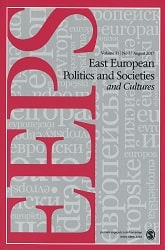
Left, right, center: all these notions have strange, and elusive meanings under postcommunism. Using interpretive Western paradigms would simply create false analogies and would explain little, if anything. Initially, the abuses committed in the name of the Marxist faith in the former Soviet Union and East Central Europe engendered apprehensions about any explicit socialist program. But the nostalgia, soon evident, for the benefits of the socialist welfare state has deepened and is widespread-a reason for the phenomenon of the "communists's comeback." It has become increasingly obvious that large numbers in all social strata resented communist ideology without detesting the state socialist illusions of security, protection, and stability. Yes, there was scarcity, but there was no unemployment, and there was also a feeling that the future was predictable within an immutable universe. [...]
More...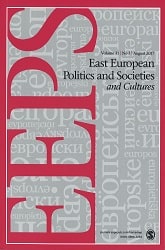
The largely peaceful abdication of monopoly power by ruling Marxist-Leninist parties throughout East Central Europe was one of the most spectacular and unexpected contributions to the annus mirabilis-1989. There was simply no precedent for this. No one who had studied Marxist-Leninist parties predicted it; the changes encouraged in the region by former Soviet President Mikhail Gorbachev, notwithstanding. The factors contributing to the system's demise are well known : among them, deteriorating economic conditions; the unwillingness of the Soviet Union to sustain Communist party rule in the bloc with force; and the disorientation that accompanied Gorbachev's reforms. Taken together, one might argue that loss of power had become merely a question of time; but Communist parties had more than sufficient domestic military and security force at their disposal to quell opposition demonstrations. In the past they had not hesitated to use it when confronted with equally challenging circumstances. [...]
More...
Review of: Goran Sunajko, Maroje Višić (ur.), Karl Marx, Zbornik radova povodom dvjestote obljetnice rođenja, Naklada Breza, Zagreb 2018.
More...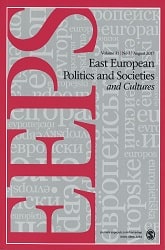
Around the turn of the eighteenth and nineteenth centuries, it became obvious that West European society was undergoing radical, structural change. It was radical in that the fundamental principles of organization were changing, and in that the very spirit of men was being transformed. Such change is totally unlike mere rotation of personnel within a more or less stable structure, or changes in structure which merely amount to a bit more of this and a bit less of that. The transformation was far more fundamental. It was also of more than merely local and temporary significance. It revealed what man really was and could be. It seemed to be the highly conspicuous and illuminating culmination of a long and pointed story. The message had not been visible to earlier generations; now it acquired a high profile. [...]
More...
What is metapolitics? This is the question which calls to account another one, more fundamental: what is ‘politics’? Politics is that what is missing. General politisation on phenomenal-media level overcasts the fact that there is no real politics at ali! This article has emerged as a consequence of the author’s reading of a book Proces zapadu (A Trial to the West) by Croatian philosopher Mario Kopić, with indicative subtitle Metapolitical Essays, and tries to follow that very direction. His book belongs to rare, therefore more precious efforts in our close environment - of »re-thinking« politics. According to him, metapolitical way of approaching matters is emphasized today by reflecting the development of Western society at the break of a new millennium. Slavoj Žižek is detecting the place of metapolitics. He finds it in a framework of so called marxist (i.e. utopian-socialist) paradigm. Therefore, political conflict is completely uncovered. But, unfortunately, just as a theater of shadows, where the events are played which real place is on the Other scene (the one of economical processes). According to Dean Komel, metapolitics is that which follows from metaphysics as culture of philosophy, in transgressing into philosophy of culture. Finally, A Trial to the West must end with a call for its roots: culture and philosophy. That is possible with a help of metapolitics. This metapolitics is a code-name for metaphysics. The world we live in, according the author of the article, is not a physical phenomenon, cause then it would be unbearable. It is metaphysical, if it has a sense at all, and if the human is transgressive being, who longs for justice, truth and freedom.
More...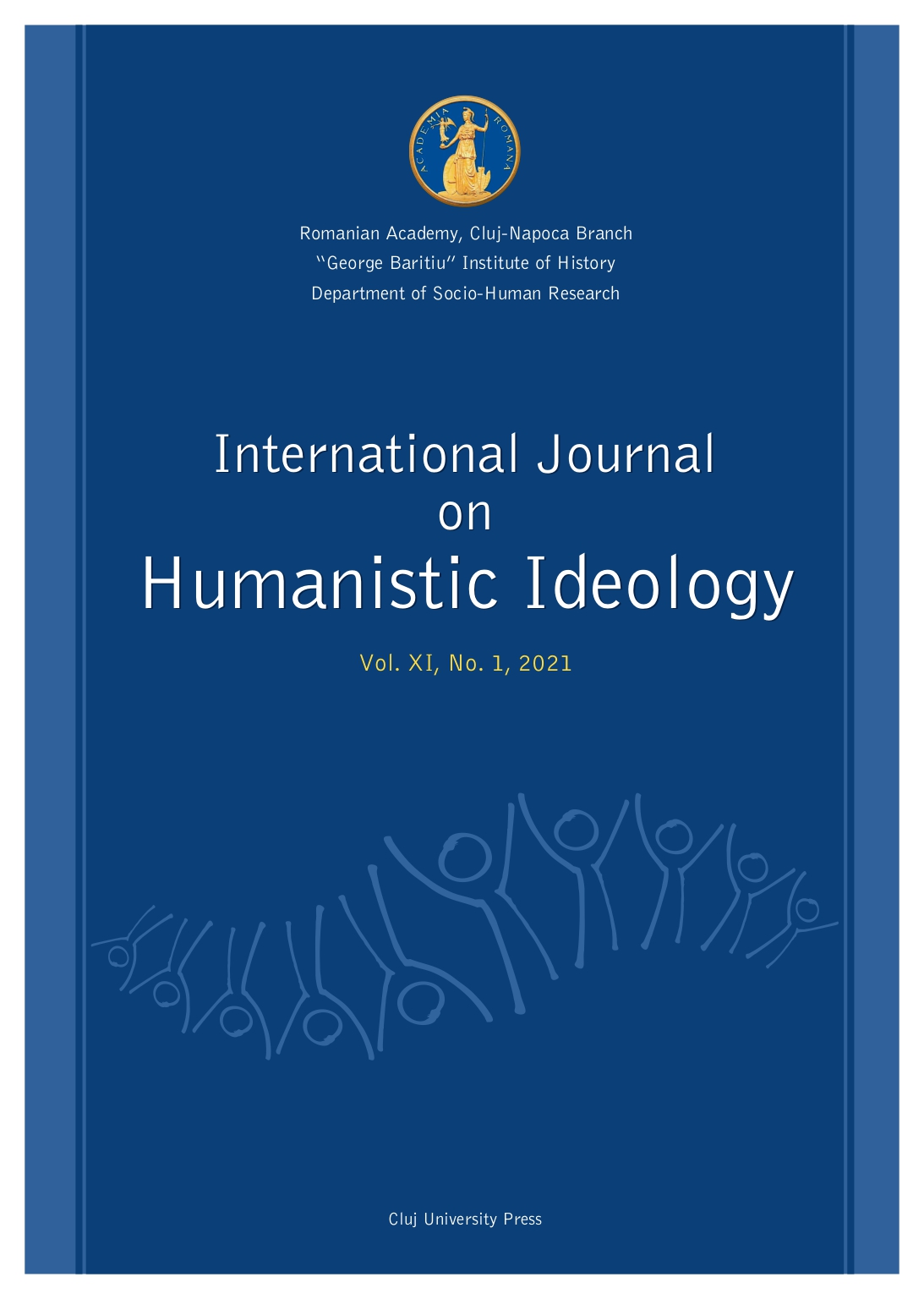
In this paper we compare Kierkegaard’s and Marx’s views on social reform. Then we argue that Kierkegaard’s own reasoning is consistent with the expression of neighbor-love through collective action, i.e. social reform. However, Kierkegaard’s approach to social reform would be vastly different than Marx’s. We end by reviewing several questions that Kierkegaardian social reformers would ask themselves. Our hope is that this exploration will provide helpful insights into how those who genuinely love their neighbors ought to seek the common good through collective action
More...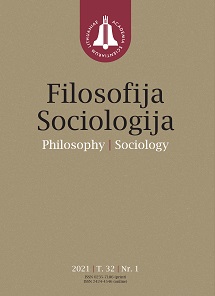
This article is an outline of the current issue of Filosofija. Sociologija, thematically divided into four sections. Starting from the most general one, focused on abstract topics of metaphysical kind and big names, proceeding to theorize on practices of human co-existence, then dealing specifically with Marxist paradigm, and finally with problems related to artificial intelligence and digital society. The thought of the 20th century and its socio-political implications up till now unites them all.
More...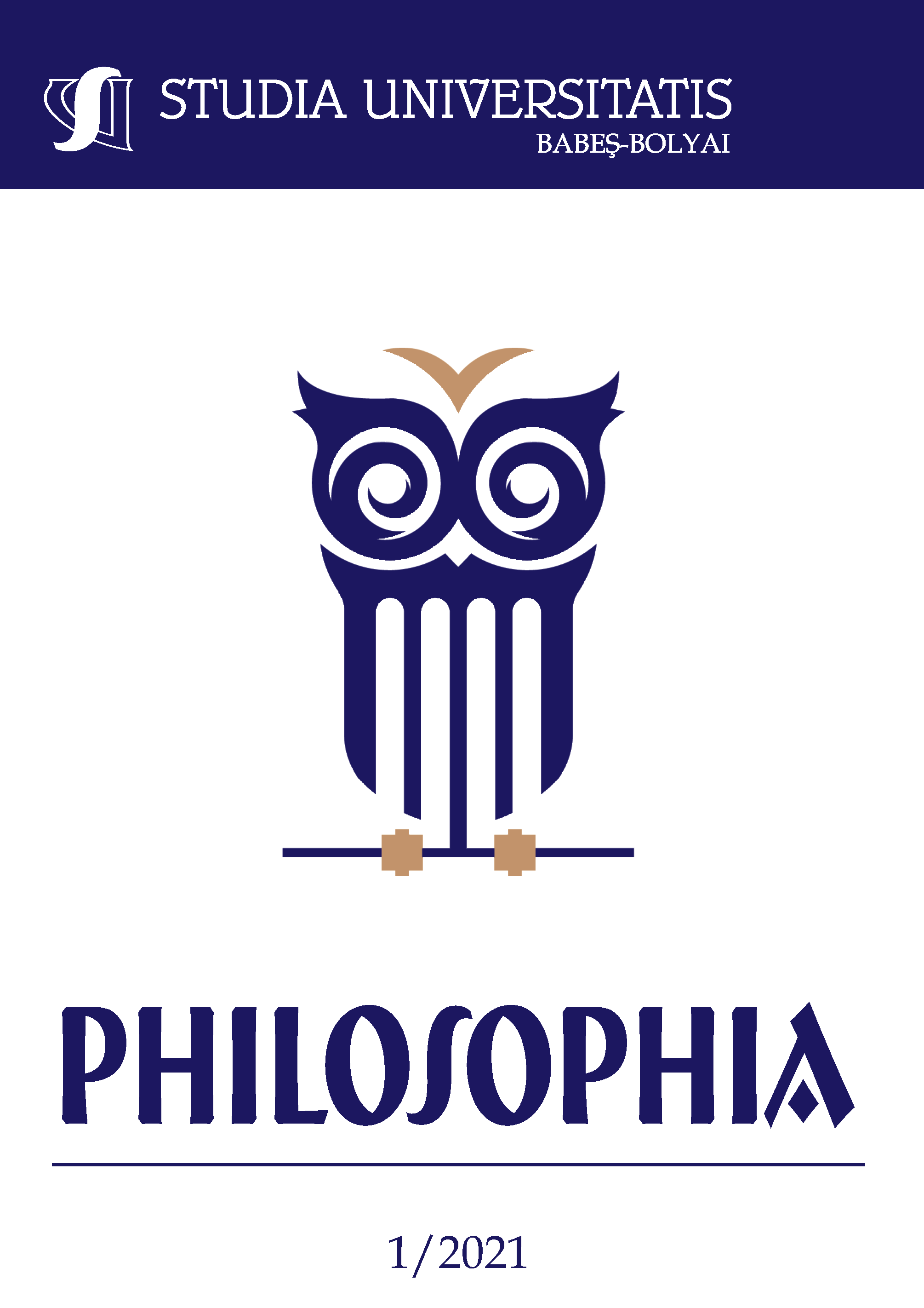
Phenomenological critique attempts to retrieve the lived experience of a human community alienated from its truthful condition and immersed in historical crises brought by processes of objectification and estrangement. This introductory article challenges two methodological assumptions that are largely shared in North American Critical Phenomenology: the definition of phenomenology as a first person approach of experience and the rejection of transcendental eidetics. While reflecting on the importance of otherness and community for phenomenology’s critical orientation, we reconsider the importance of eidetics from the standpoint of Husserl’s genetic phenomenology, highlighting its historical and contingent character. Contrary to the received view of Husserl’s classical phenomenology as an idealistic and rigid undertaking, we show that his genetic phenomenology is interested in the material formation of meaning (Sinnbildung), offering resources for a phenomenological approach to a materialist social theory.
More...